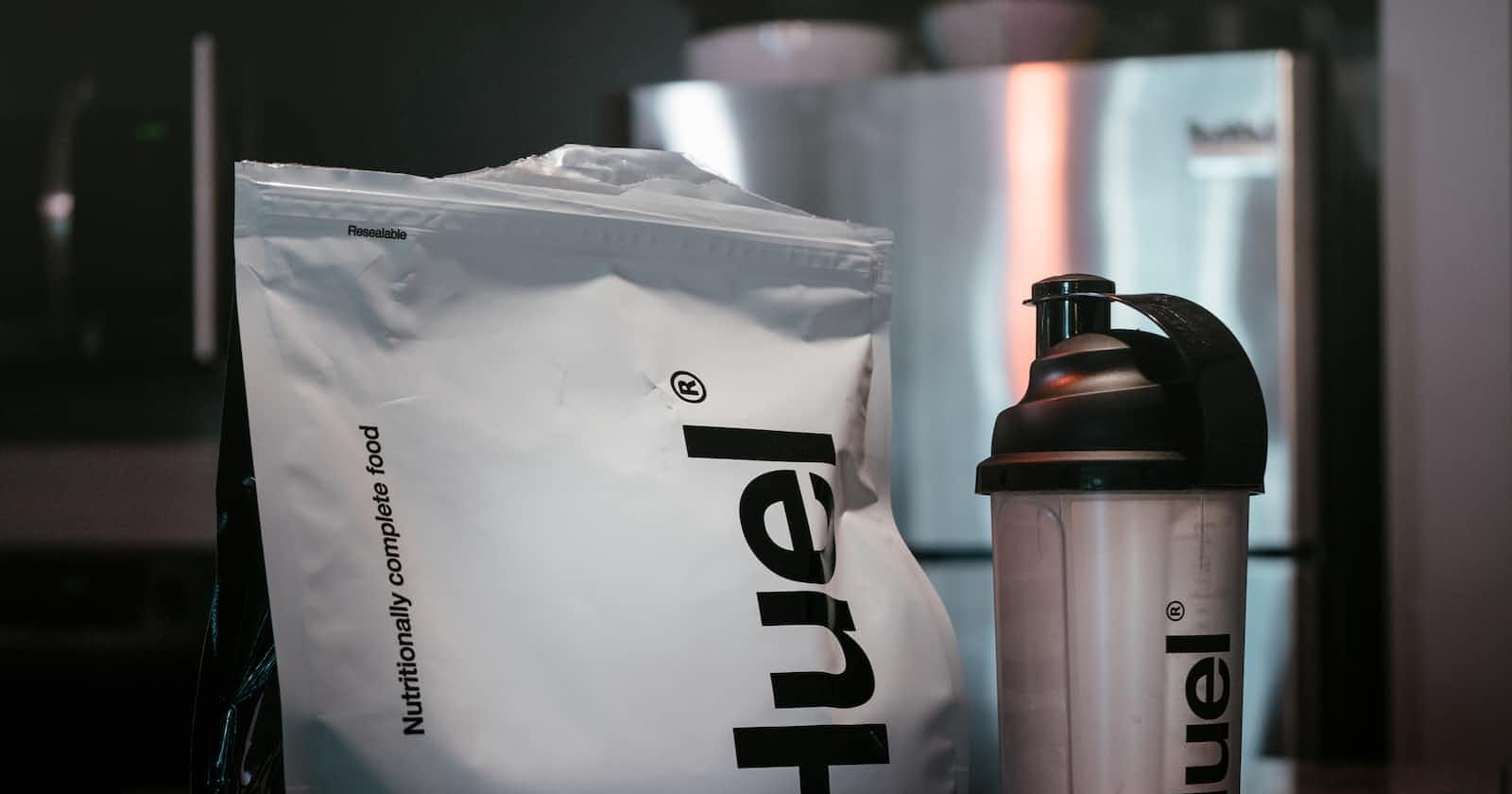Table of contents
No headings in the article.
Huel and Ka'Chava are two leading brands in the meal replacement shake market. Both are plant-based and designed to provide balanced nutrition. This article provides a scientific comparison of the two based on several parameters.
Nutritional Profile
Caloric Content and Macronutrients:
A serving of Ka'Chava contains 250 calories, with 24 grams of protein, 9 grams of dietary fiber, and 6 grams of fat. The carbohydrates contribute to 37% of the caloric content.
Huel powder provides 400 calories per serving, with 29 grams of protein, 9 grams of fiber, and 13 grams of fat. The carbohydrates contribute to 37% of the caloric content, similar to Ka'Chava.
Micronutrients:
- Both Ka'Chava and Huel are fortified with a wide array of vitamins and minerals to meet the average adult's daily requirements. However, Huel provides more Vitamin B12, Zinc, and a few others, while Ka'Chava offers more Vitamin D, Vitamin E, and a few others.
Protein Source:
Ka'Chava uses a combination of yellow pea protein and brown rice protein.
Huel primarily uses pea and brown rice protein but also includes flaxseed, sunflower, and pumpkin seeds in its protein blend.
Sugar Content:
Ka'Chava contains 7 grams of sugar per serving, sourced from coconut sugar and natural flavors.
Huel contains less than 1 gram of sugar per serving. It uses sucralose, a zero-calorie artificial sweetener.
Additional Nutrients:
Ka'Chava includes a range of superfoods, antioxidants, adaptogens, and probiotics.
Huel also includes additional nutrients like phytonutrients from plant foods, medium-chain triglycerides from coconut, and omega-3 fatty acids from flaxseed.
Taste and Texture
Ka'Chava offers two flavors - Chocolate and Vanilla, whereas Huel has more variety, offering Vanilla, Chocolate, Berry, Banana, and Unflavored options. In terms of texture, Ka'Chava tends to be thicker and grainier, while Huel is smoother but may form clumps if not shaken well.
Price
As of my knowledge cutoff in September 2021, Huel was generally less expensive per serving than Ka'Chava, but prices may vary. Always check the latest prices on their respective websites.
Suitability
Ka'Chava and Huel are both suitable for vegans and are free from soy and gluten. However, individuals with specific dietary requirements or restrictions should always check the ingredients and consult with a healthcare professional before incorporating meal replacement shakes into their diet.
Conclusion
In summary, both Ka'Chava and Huel offer balanced nutrition and cater to those seeking convenient, plant-based meal alternatives. The choice between the two may come down to personal factors, including taste preference, budget, specific nutritional goals, and dietary restrictions.

